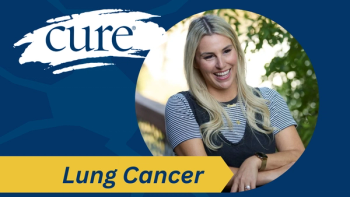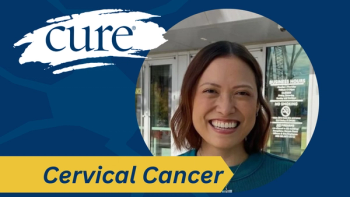
A Commitment to New Therapies for MPN Despite Scientific Challenges
One research noted the persistent efforts to develop new treatments for myeloproliferative neoplasms (MPNs), a commitment that remains strong despite some setbacks.
A researcher discussed the evolving understanding of myeloproliferative neoplasms (MPNs), from their initial classification to their potential for progression, and emphasized the scientific community's commitment to developing new therapies despite the inherent challenges of research.
CURE spoke with John Crispino, director of the division of experimental hematology at St. Jude Children’s Research Hospital in Memphis, Tennessee, about what he has learned about patients with MPNs and the research around the condition over his years in the field. One of the things he mentioned was the disease’s transition from a myeloproliferative disorder to a myeloproliferative neoplasm. In particular, the World Health Organization (WHO) changed the classification of these conditions to MPNs to reflect the understanding that these conditions are a type of cancer.
Transcript:
So MPNs is a — you know, actually, when I first started this field, … it's a chronic disease, but it was considered nonmalignant, and then there was a change from MPD [myeloproliferative disorder] to MPN. So it's a neoplastic disease, clearly, and has this high propensity to evolve from, let's say, PV [polycythemia vera] or ET [essential thrombocythemia] to MF [myelofibrosis], and then MF to acute leukemia.
And so I've done a fair amount of work with the patient population through my
It's just, I would say that science is — doesn't always go the way you want. You know, some experiments just don't pan out. Drugs that we develop in the laboratory just sometimes don't work in people, and that's unfortunate, but I ask for patients, and again, [to] know that we are committed to this.
For more news on cancer updates, research and education, don’t forget to




